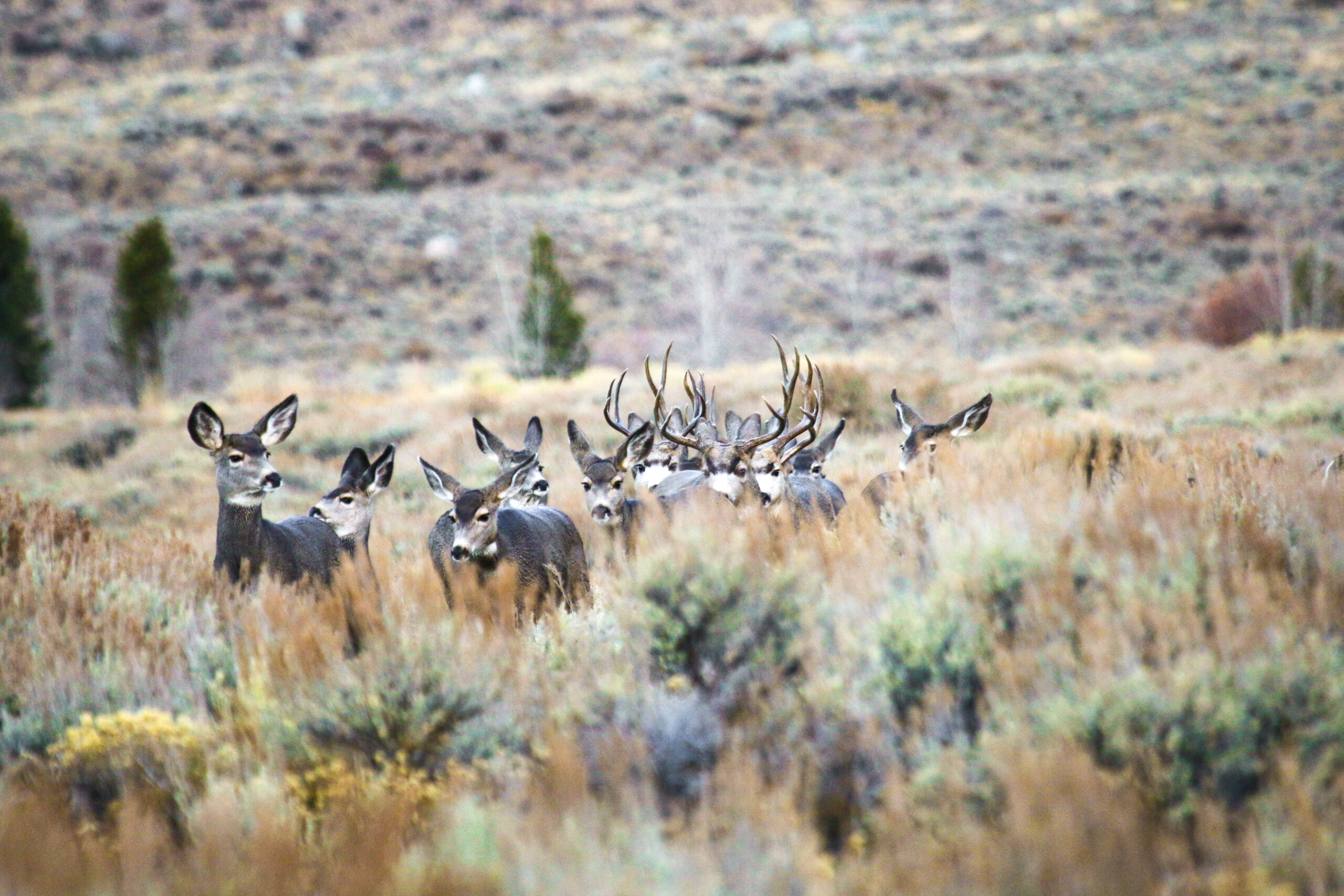House Energy Vote Approaches
A few weeks ago, the U.S. Senate passed their version of an Energy Bill, drawing up a blueprint for America’s energy use in the coming year. Now the House of Representatives is working on their Energy Independence Package, and staffers are burning the midnight oil to pass a bill before they leave for August recess.
The House Energy Bill has a number of moving parts to it, but here are the things NWF’s policy wonks are watching:
- RENEWABLE ELECTRICITY STANDARD: Right now, only about 2-3 percent of the electricity generated in the United States comes from renewable sources like wind, solar, geothermal and biomass. The House Bill would require a “20 percent by 2020” bump. This would not only help protect wildlife and habitats from the impacts of global warming pollution, it would also generate over 185,000 new high-paying jobs and save consumers on their electric and natural gas bills. Urge your rep to support the Udall-Platts Renewable Electricity Standard.
- PROTECTING WILDLIFE FROM OIL AND GAS DEVELOPMENT: Right now, the House legislation takes important steps to help ensure responsible energy development and balanced management of our public lands and natural resources, including a number of modest reforms to oil and gas policy. The provisions would help protect the environment, wildlife and the rights of property owners.
- FUEL ECONOMY STANDARDS: In their bill, the Senate increased mileage requirements so that all cars must average 35 miles to a gallon. It’s not looking like a similar requirement is going to make the House version of the bill at the moment, but this might change. Stay tuned!
- REDUCING GLOBAL WARMING POLLUTION: Right now, the Energy Bill helps increase energy efficiency and encourages more renewable fuel use to help Americans avoid emitting more than 1.4 billion tons of global warming pollution by 2030 (an amount equal to the annual pollution from of all of the cars on the road today). This also helps cut energy costs to consumers.
- WILDLIFE-FRIENDLY BIOFUELS: While biofuels are a great solution to reducing global warming pollution, we can’t just clear-cut wildlife habitat to grow corn. We’re working to make sure any increases in biofuel production include protections for wildlife and strong global warming pollution reduction requirements.
- REDUCE GLOBAL WARMING IMPACTS IN DEVELOPING COUNTRIES: A foreign affairs amendment from Rep. Hilda Solis (D-Calif.) would require the Bush administration to look at global warming adaptation needs of developing countries and create a strategy for addressing the problem.
And stay tuned to Wildlife Promise for updates on the Energy Bill.





